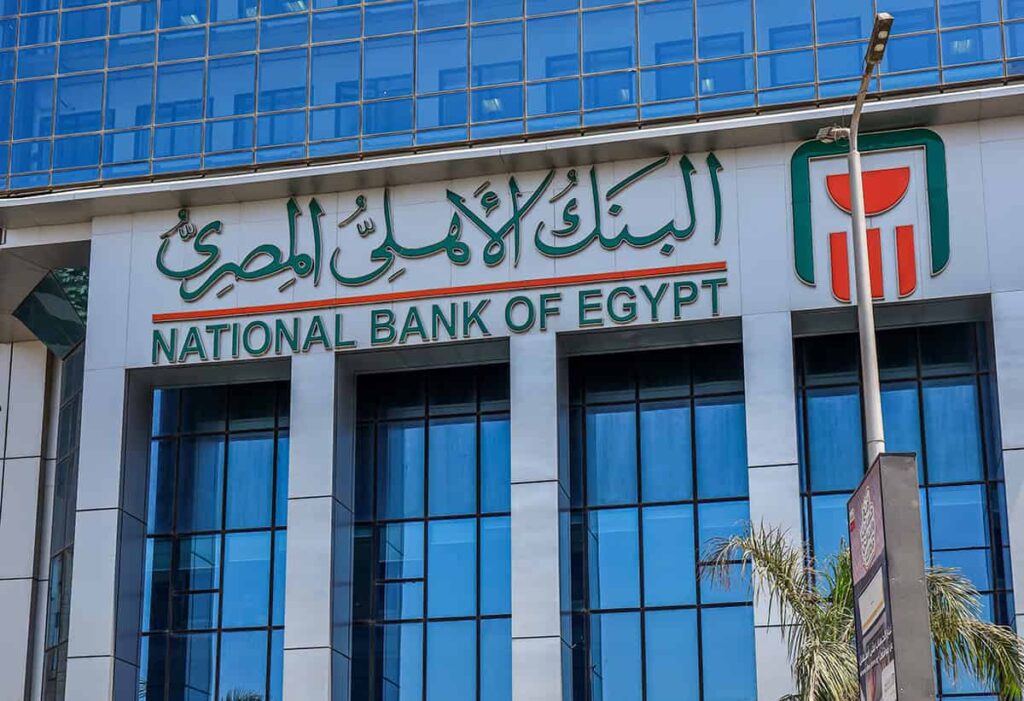Global Finance’s annual Safest Bank rankings, released in November, evaluate the financial health and stability of the top 1,000 banks in the world. These rankings heavily rely on the sovereign rating of each country, a factor particularly crucial for Egyptian banks due to many being state-owned entities. Following the publication of our Safest Bank rankings, Egypt saw a downgrade in its sovereign ratings in November 2023 by prominent agencies like Moody’s (Caa1 rating), S&P (B- rating), and Fitch (B- rating). However, in March 2024, S&P upgraded Egypt’s credit outlook from Stable to Positive after the Central Bank of Egypt implemented currency valuation reforms and secured $8 billion from the International Monetary Fund.
Egypt has been grappling with an ongoing struggle to stabilize its economy amidst a longstanding currency crisis. The country has also faced challenges in its industrial policy, leading to significant trade deficits. Moreover, Egypt’s political risk remains elevated due to its proximity to the Israel-Palestine conflict, with Gaza located nearby. These issues, combined with high inflation and unemployment rates, pose a constant threat of social unrest.
Global Finance’s unique algorithm assesses each bank based on ratings from leading agencies such as Fitch, Moody’s, and S&P to identify the safest banks among the world’s largest 1,000 financial institutions. Key categories in the rankings include Safest Commercial Banks, Safest Emerging Markets Banks, Safest Islamic Banks, as well as the safest banks in specific countries and regions. It should be noted that the bank ratings data referenced are as of August 2023.
National Bank of Egypt (NBE) stands out as the safest bank in Egypt and one of the most secure in Africa as a whole. Established in 1898 with British capital, NBE is not only one of Egypt’s oldest commercial banks but also its largest. As of December 2022, the bank’s financial position stood at EGP 4.4 trillion, representing 38.6% of total assets across all Egyptian banks. NBE is state-owned.
Following NBE is Banque Misr, the second-largest bank in Egypt with assets totaling approximately $120 billion. Boasting over 800 branches and 20,000 employees, Banque Misr serves more than 13 million clients. The bank is also government-owned.
Commercial International Bank (CIB) holds the position as Egypt’s third-largest bank and the largest private bank in the country, commanding a 6% share of banking assets. Originating as a joint venture between Chase National Bank and NBE in 1975, CIB transitioned to full ownership by NBE in 1987. Publicly traded, CIB counts Abu Dhabi’s sovereign wealth fund and NBE among its major shareholders.
Banque du Caire, the sixth-largest bank in Egypt, serves over 3 million customers. This bank’s relatively lower score can be attributed in part to being rated by only two out of the three major global rating agencies. Banque du Caire is owned by Banque Misr, itself a state-owned entity.
Bank of Alexandria, another prominent Egyptian bank, caters to over 1.8 million customers. With Italian bank Intesa Sanpaolo holding an 80% stake and the Egyptian government owning the remaining 20%, Bank of Alexandria’s ratings are impacted by being evaluated by only one of the three key global rating agencies.
For additional economic statistics and in-depth analysis on Egypt, readers can access Global Finance’s country report page by clicking here.
